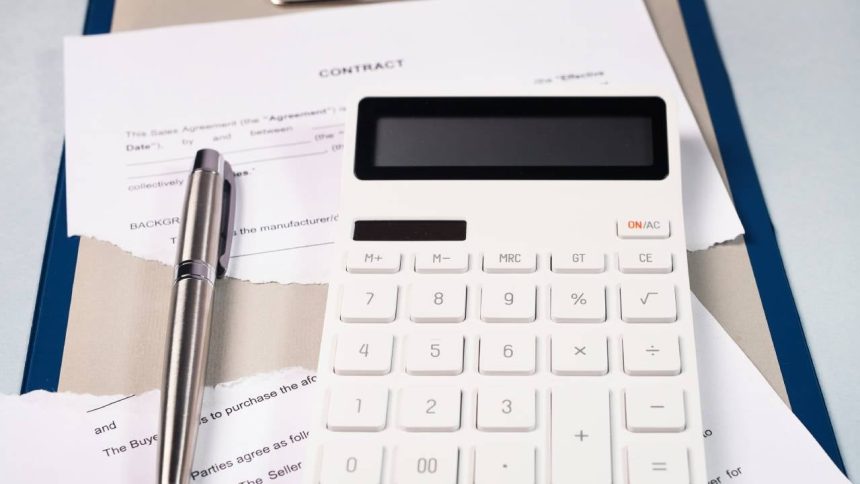valiantsin suprunovich/Getty Images
Key takeaways
- A covenant serves as a written contract between two parties, like a lender and borrower.
- If that covenant is broken, it is known as a breach of covenant and can result in a lawsuit.
- There are a few primary types of covenants, including positive or negative covenants and standard and nonstandard covenants.
Covenants are a part of a written contract and often involve promises or stipulations to do something — or even a promise not to do something in the future. A breach of covenant is when one of the parties involved in the contract has violated those promises in some way.
In the case of automobiles, the covenants may be terms or conditions tied to the financing for the vehicle purchase or part of the auto loan agreement between a lender and you as the borrower.
Types of covenants
There are positive and negative covenants, which include obligations or restrictions for borrowers. There are also standard and nonstandard covenants, which either follow standard, run-of-the-mill guidelines or are designed to meet your specific needs.
Positive vs. negative covenants
Positive covenants typically include a variety of obligations that a borrower must meet to remain in compliance with the loan contract. One example that auto loan borrowers may encounter is maintaining a good credit score.
Negative covenants, however, are designed to prevent borrowers from engaging in high-risk actions. These types of covenants typically require borrowers to obtain advance approval for any actions that may be deemed risky, sometimes including what their loan funds are spent on.
Standard vs. nonstandard covenants
Standard covenants are generally the same for all borrowers. An example of a standard covenant might be that a borrower must make principal payments on a loan and must make those payments by their due date. By contrast, nonstandard covenants are unique to a particular borrower and that borrower’s circumstances.
What is a breach of covenant?
Covenants are promises or stipulations that are part of written contracts. Many times, these are related to property, such as a vehicle. If one of the parties — either the borrower or lender — involved in the contract fails to meet the agreed-upon conditions, it is considered a breach of covenant.
In the case of an auto loan, the loan agreement between the lender and borrower may include requirements surrounding the specific terms of the debt. The covenants are requirements or conditions imposed by the lender, and the borrower must agree to those conditions to finalize financing.
Because loans are a contract, any violation of that contract constitutes a covenant violation and may result in legal action being taken against you.
How a breach of covenant affects a borrower
There are a range of possible consequences for breach of covenant, though not all are common among auto loans:
- Paying financial compensation for the violation.
- Paying a fee or penalty.
- An increased interest rate on your loan.
- Revision of the contractual agreement.
- Termination of the agreement.
In some cases, to maintain the agreement after a breach of covenant, you may be required to provide some form of additional collateral. For auto loan borrowers, a breach could result in the lender demanding early repayment, charging additional fees or repossessing the vehicle.
Bottom line
Covenants are conditions of a contract. When you agree to borrow, be sure to review the conditions of the agreement and that you fully understand them to remain in compliance.
To avoid breaching your contract, you must effectively manage your auto loan. This includes following your budget and paying on time and in full. When a breach of covenant occurs, you risk paying penalties, a higher interest rate or even having the contract terminated altogether.
Read the full article here














